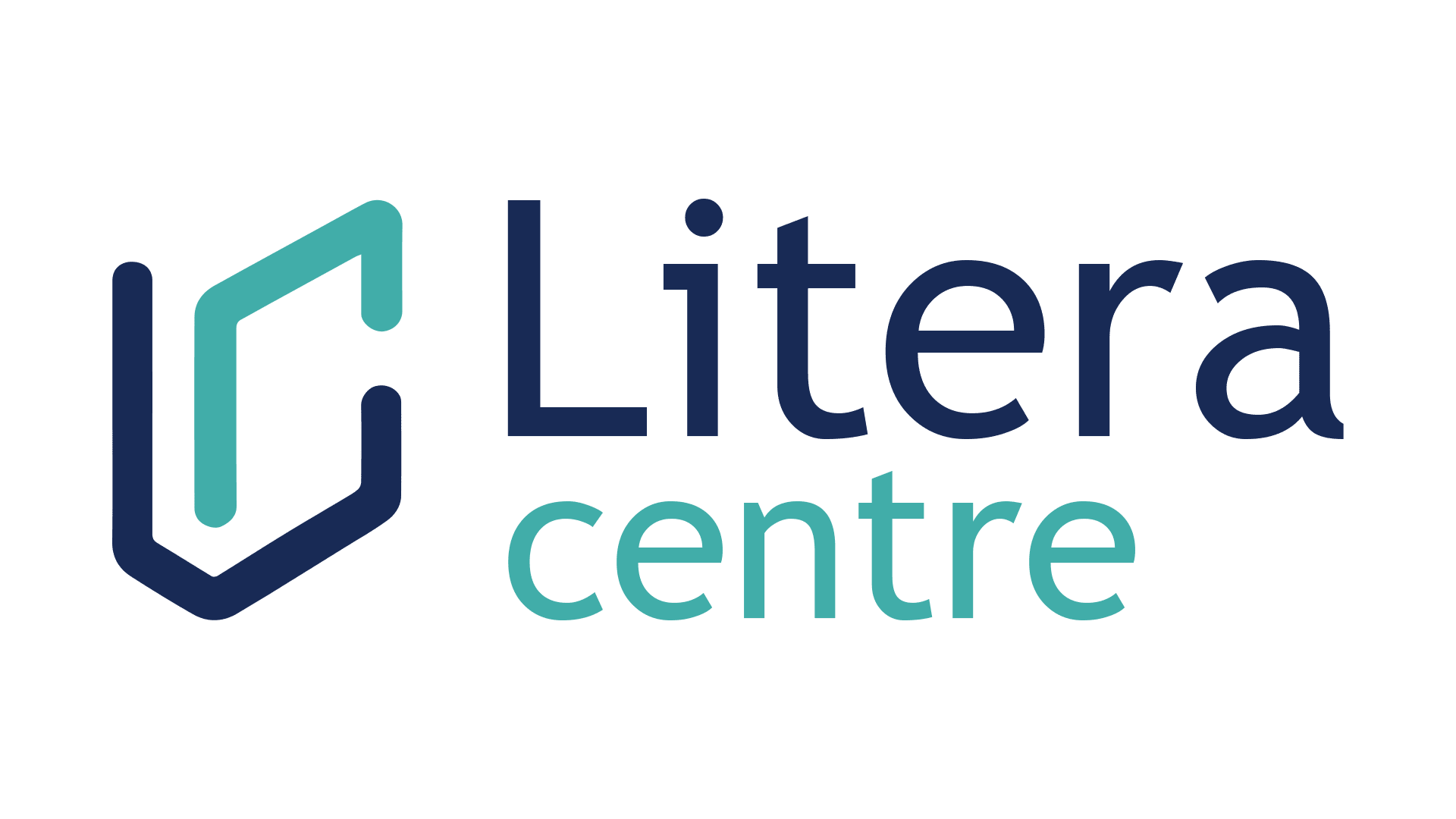The International Baccalaureate (IB) Diploma is a prestigious and rigorous pre-university program that challenges students academically and personally. To excel in this demanding curriculum, it’s crucial to have a strategic study approach. Here are the top 10 tips on How to Study for the IB Diploma that help you effectively prepare for the IB exams:
(1) Start Preparing Early:
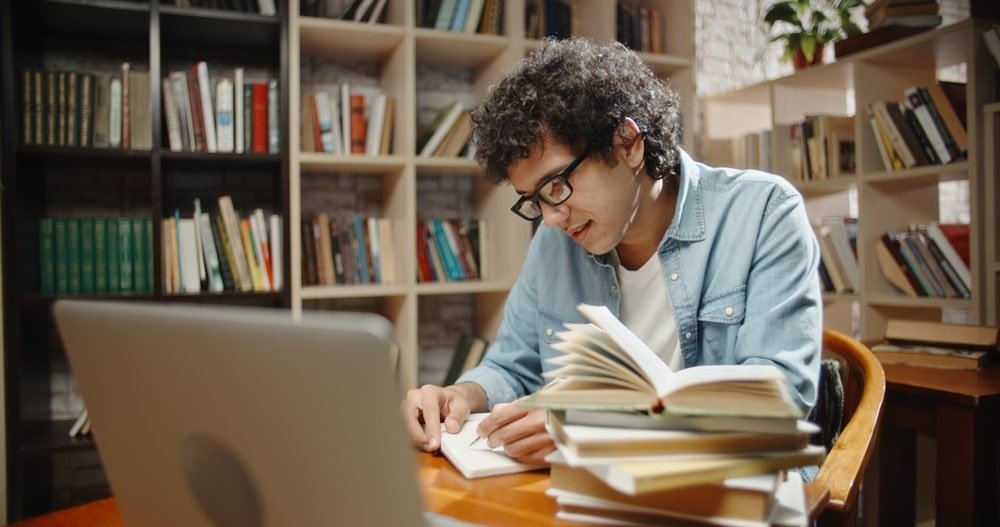
Don’t wait until the last minute – begin planning and preparing for the IB Diploma from the very start of the program, at least 2 years in advance. This will help you stay on top of the heavy workload and avoid feeling overwhelmed closer to the exams. The key to successfully studying for the IB Diploma is to begin the process as soon as possible. This will allow you to gradually build your knowledge and develop the necessary skills. Staying organized and setting realistic goals are essential elements of effective preparation. Seeking support when needed can also contribute to your success in the IB Diploma program.
(2) Understand the Curriculum:
Thoroughly familiarize yourself with the IB curriculum, syllabus, and assessment requirements for each subject. Knowing what to expect will help you plan your studies and allocate time accordingly. Understanding the assessment criteria will guide your preparation and ensure you meet the necessary standards. Reviewing past exam papers and mark schemes can provide valuable insights into the format and difficulty level. Seeking clarification from teachers on any unclear aspects of the syllabus is also recommended. Staying informed about the IB program requirements will enable you to develop an effective study strategy tailored to your individual needs. This approach will show you how to study for the IB Diploma effectively.
(3) Develop Strong Time Management Skills:

Create a detailed study schedule and stick to it. Allocate sufficient time for coursework, internal assessments, and exam preparation. Prioritize your tasks and be disciplined in following your plan. This will help you manage your time effectively and ensure you complete all your assignments and assessments on time. Regularly reviewing and adjusting your schedule as needed will also help you stay on track. By following a structured plan, you can minimize stress and maximize your chances of success in the IB Diploma program.
(4) Take Effective Notes:
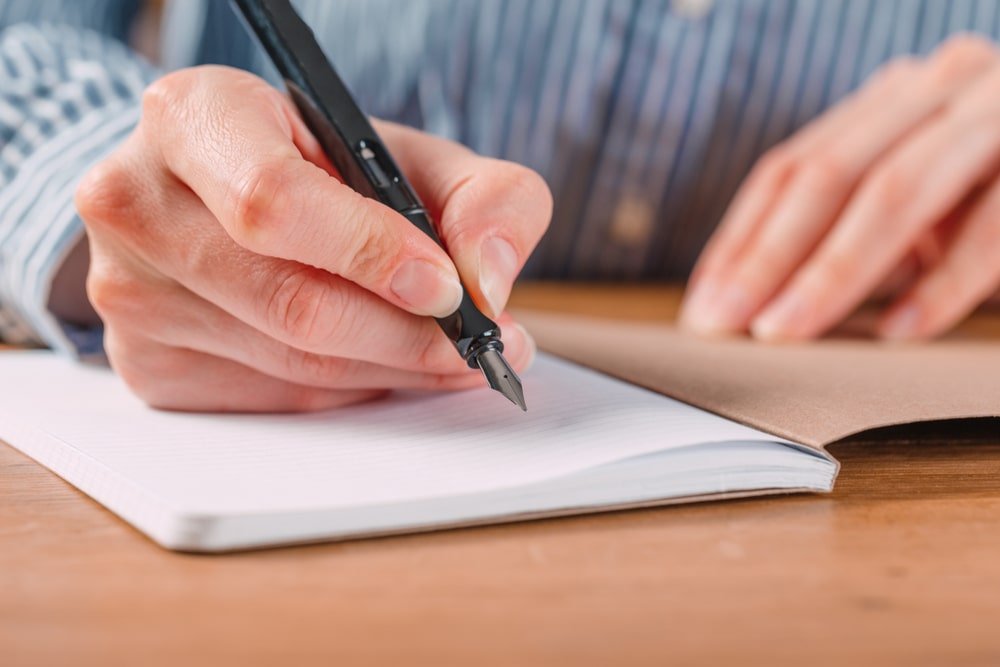
Develop a note-taking system that works for you, whether it’s handwritten or digital. Organize your notes by subject and topic to make reviewing easier and more efficient. This will help you consolidate your understanding of the material and identify areas that require further study. Regularly reviewing and updating your notes will reinforce your learning and ensure you retain the information. Experiment with different note-taking techniques to find the approach that best suits your learning style and preferences.
(5) Practice Past Exam Questions:
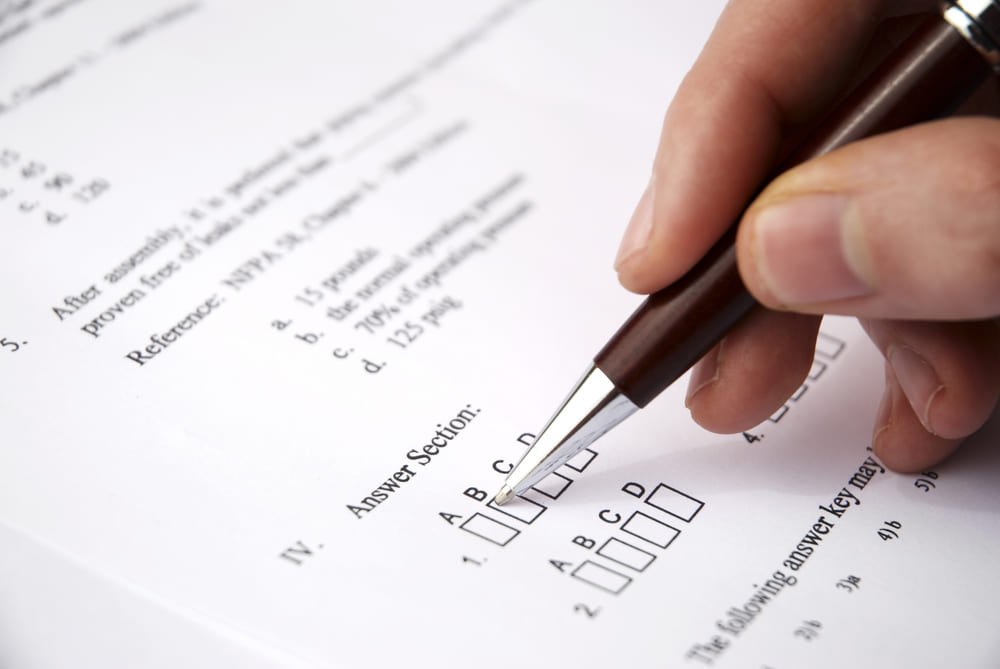
Regularly practice past exam questions to get familiar with the format and question styles. This will help you identify your strengths and weaknesses, allowing you to focus your studies accordingly. Practicing under timed conditions simulates the actual exam environment, helping you improve your time management skills. Reviewing your answers and seeking feedback from teachers can provide valuable insights into areas that need improvement.
Gradually increasing the difficulty of questions as you progress can challenge you to think critically, analyze deeply, and apply knowledge in new ways, developing a deeper understanding. Celebrating your achievements and successes along the way boosts confidence, encourages continued growth, and maintains enthusiasm, creating a dynamic and rewarding learning experience that keeps you motivated. This strategy is essential for those looking to understand how to study for the IB Diploma effectively.
(6) Collaborate with Peers:
Form study groups with your classmates to discuss concepts, share resources, and quiz each other. Collaborative learning can be very beneficial in reinforcing your understanding and identifying areas for improvement. Working together allows you to learn from different perspectives and gain insights you may have missed on your own. Regularly meeting with your study group will keep you accountable and motivated to stay on track with your studies. Discussing challenging topics with your peers can help clarify misconceptions and deepen your knowledge. Celebrating each other’s successes and providing support during difficult times can foster a positive and encouraging learning environment. Engaging in collaborative learning is an effective way to enhance your understanding and build strong relationships with your classmates.
(7) Seek Help When Needed:
Don’t hesitate to ask your teachers for clarification or additional support if you’re struggling with any topics. They are there to guide you and help you succeed. Seeking help early on can prevent small issues from becoming bigger problems down the line. Your teachers can provide personalized feedback, suggest study strategies, and recommend resources tailored to your needs. Regularly communicating with your teachers and being proactive about seeking support will demonstrate your commitment to your studies and increase your chances of achieving your goals.
(8) Maintain a Balanced Lifestyle:
Ensure you get enough sleep, exercise, and downtime to maintain a healthy work-life balance. Burnout can severely impact your academic performance, so it’s crucial to prioritize self-care. Regular physical activity and relaxation can help reduce stress and improve your focus and concentration. Taking breaks from studying to engage in hobbies or spend time with friends and family can recharge your mental and emotional well-being. Developing healthy habits and finding ways to manage stress will enable you to approach your studies with renewed energy and motivation.
(9) Stay Organized:
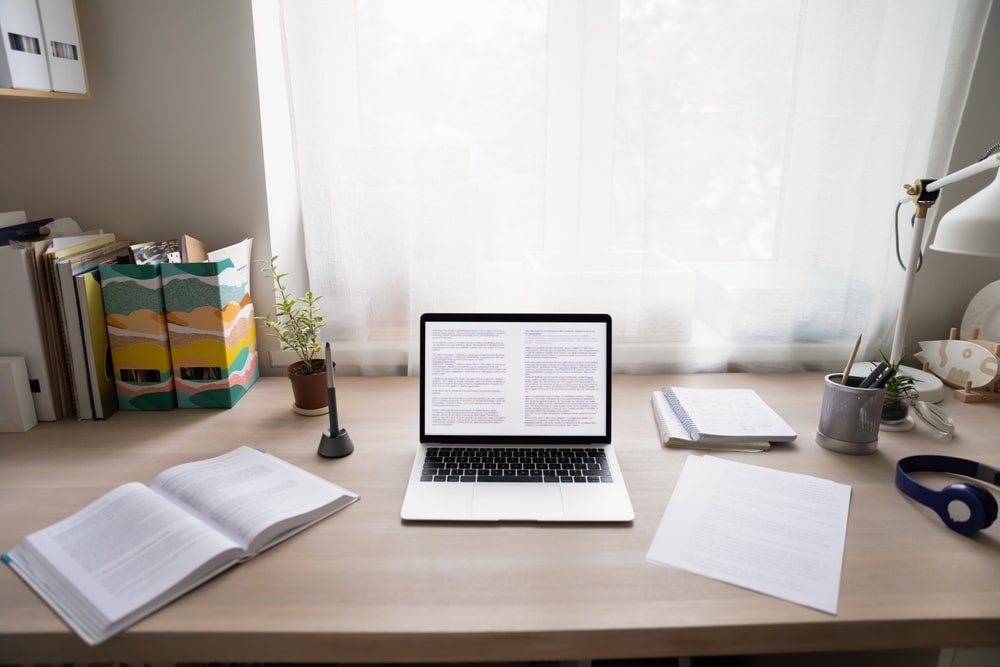
Keep all your materials, notes, and assignments organized and easily accessible. This will save you time and reduce stress, allowing you to focus on your studies. Develop a system that works for you, such as using folders, binders, or digital storage solutions. Regularly review and update your organization system to ensure it remains efficient and effective. Having a clear and structured workspace can enhance your productivity and help you stay on top of your workload.
(10) Develop Critical Thinking Skills:

Focus on understanding concepts rather than just memorizing facts. Developing critical analysis and application skills is essential for success. This approach will enable you to comprehend the material better and apply your knowledge in various contexts. Engage in activities that challenge you to think critically, such as discussing ideas with peers or solving complex problems. You’ll be better equipped to excel in assessments and real-world scenarios by prioritizing understanding over rote memorization.
Conclusion:
IB Diploma requires strategic planning and effective study techniques to excel. Students can maximize their chances of success by starting early, understanding the curriculum, and developing strong time management skills. For further support and guidance, students can turn to Litera Centre, a comprehensive resource offering expert advice and study materials designed specifically for the IB Diploma program.
Frequently Asked Questions ( FAQs )
Can an average student study IB?
Yes, an average student can study IB. The International Baccalaureate (IB) is designed to be challenging but accessible. IB programs are structured to help students develop critical thinking, research, and communication skills. Average students can succeed in IB by focusing on their strengths, seeking support, and managing their time effectively. With dedication and hard work, students of all abilities can achieve their academic goals in IB.
How to prepare for an IB diploma?
To prepare for the IB Diploma, start early, familiarize yourself with the program’s structure, research your subjects, create a study schedule, and sharpen your language and writing skills. Additionally, engage with your teachers, read broadly, and manage your time effectively to succeed in the challenging curriculum.
How many hours a day should an IB student study?
The number of hours an IB student should study per day varies depending on their academic level, subjects, and personal study habits. Generally, IB students should allocate 3-4 hours per day for studying and completing assignments. This includes class time, homework, and independent study. However, it’s essential to maintain a balanced lifestyle and take breaks to avoid burnout. Effective time management and prioritization are key to success in the IB program.
Is 3 months enough to study for IB?
No, 3 months is not enough time to adequately prepare for the IB exams. The IB curriculum is designed to be taught over a 2-year period, allowing students to thoroughly learn the material and develop necessary skills. Attempting to cram the entire program into 3 months would be extremely challenging and likely lead to high stress and poor performance. IB students should start preparing from the beginning of the program and consistently work throughout the 2 years to succeed.
What are some good strategies for IB courses?
Start preparing early and stay organized by creating a detailed study schedule. Engage in inquiry-based learning, applying knowledge to real-world problems. Reflect regularly on your learning process to develop critical thinking skills. Seek help from teachers and peers when needed to stay on track. Maintain a positive mindset, manage your time wisely, and prioritize your physical and mental well-being.
Read Also:
https://www.literacentre.com/blog/top-ib-subjects-for-economics

